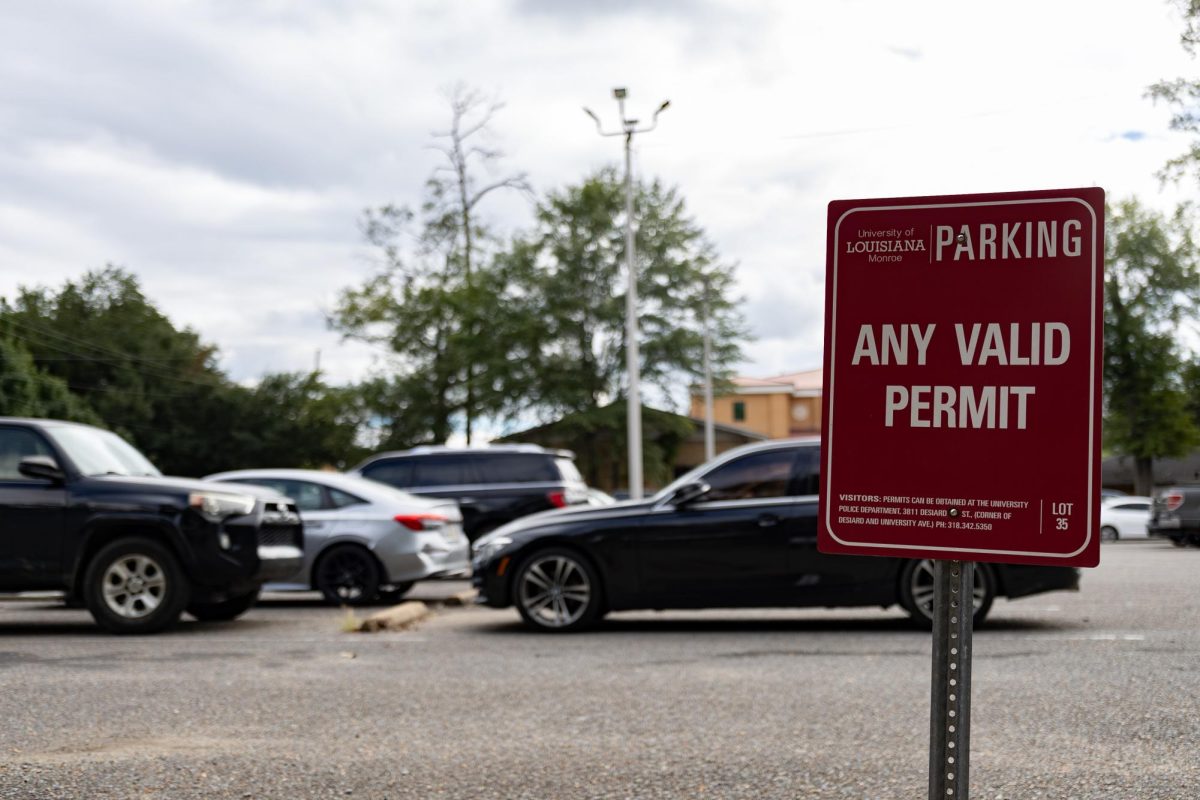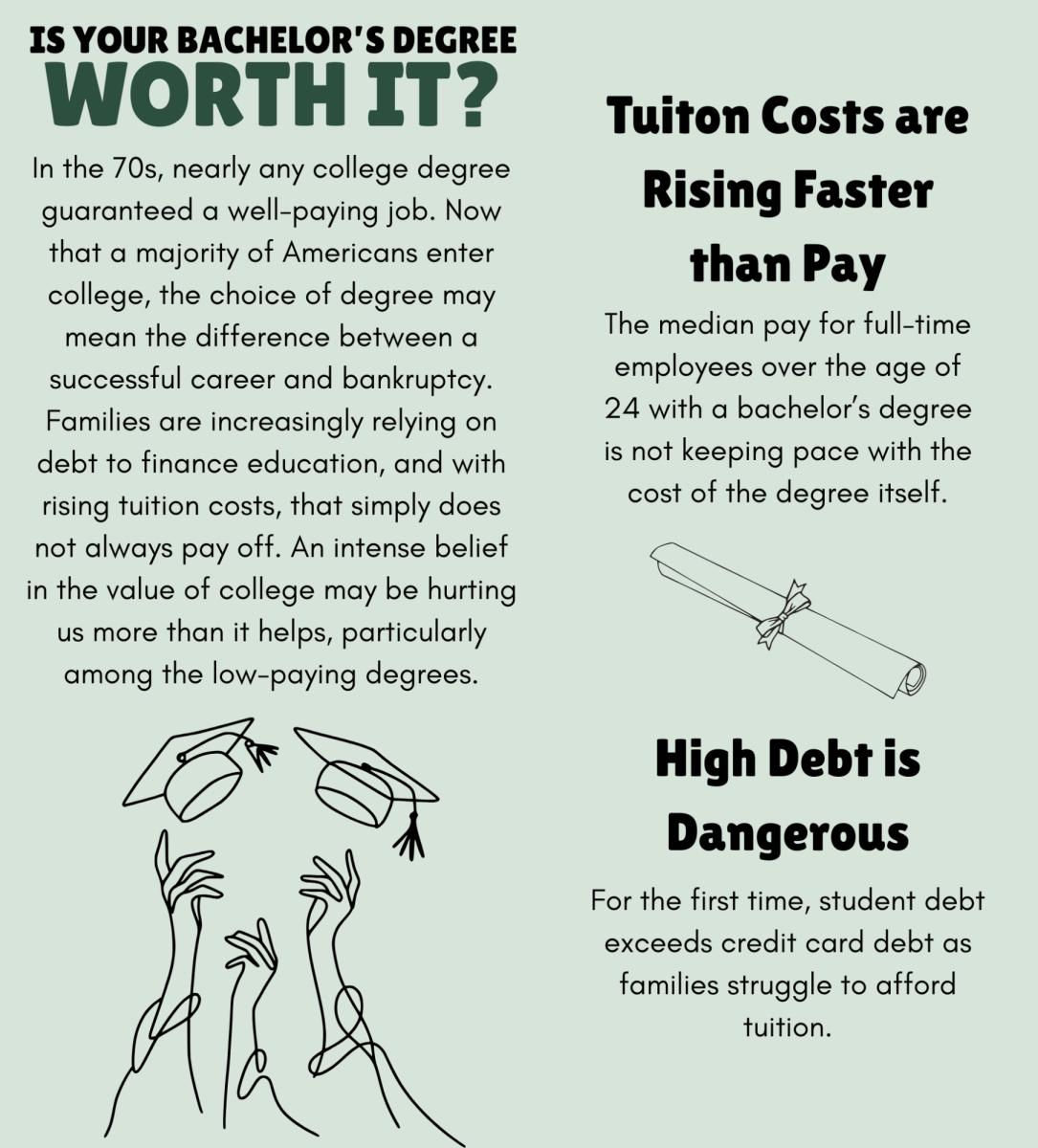Meta, one of the world’s largest tech companies, plans to build a $10 billion A.I. data center at Franklin Farms in Richland Parish, Northeast Louisiana. I believe the project captures both the promise and the peril of Big Tech investment: it could bring unprecedented opportunity to rural Louisiana, yet it also risks locking the state into decades of environmental and financial strain.
According to an article by Louisiana Economic Development, Gov. Jeff Landry and state economic development officials state that project will greatly benefit the tech sector and economy, providing over 500 direct new jobs and 1,000 indirect jobs. Meanwhile, an MSN article states that the Public Service Commission approved three new gas plants to power the data center, fueling debate over whether this is real progress for Louisiana or a burden we may regret later.
Supporters tout the project as an anchor for economic and technological growth, as it will provide permanent jobs and thousands of construction roles. Richland Parish and nearby areas face much deeper hardship than Louisiana overall, with poverty rates around 21–37% (vs. 19% statewide) and unemployment consistently above the state’s 4–5% average. Therefore, the project offers a revitalizing chance for rural, underserved regions of Northeast Louisiana.
Moreover, local colleges are offering curricula and programs to train students for data center jobs, while an expected peak workforce of about 5,000 construction workers is preparing to build the facilities. This will allow the local community to access modern education, contribute to the A.I. economy, and strengthen the broader tech and economic sectors.
Although state officials claim that Meta has promised to provide 100% clean and renewable energy by adding about 1,500 MW of green power, there are still potential environmental repercussions. Reliance on three gas plants could add to carbon emissions and worsen the effects of climate change. In 2023, Louisiana’s power sector emitted about 43 million metric tons of CO2, while the state also faces coastal erosion as it has lost nearly 2,000 square miles of coast since 1932, according to data from the U.S. Energy Information Administration (EIA).
Consumers are also worried about higher transmission costs. According to the Alliance for Affordable Energy, the project will require an estimated half-billion dollars in new infrastructure, expenses that could fall on ratepayers and increase electricity bills, essentially subsidizing Meta’s private investment. In addition, the 15-year Entergy–Meta power contract (vs. ~30-year lifespan of gas plants) poses long-term risks: customers could be left shouldering the remaining costs once the contract ends.
Consequently, the Meta project could serve as a once-in-a-generation opportunity for Louisiana. Otherwise, big tech industries may reap greater benefits while leaving the burdens behind. Louisiana should welcome innovation, but only if safeguards on jobs, clean energy and consumer protections are enforced.





